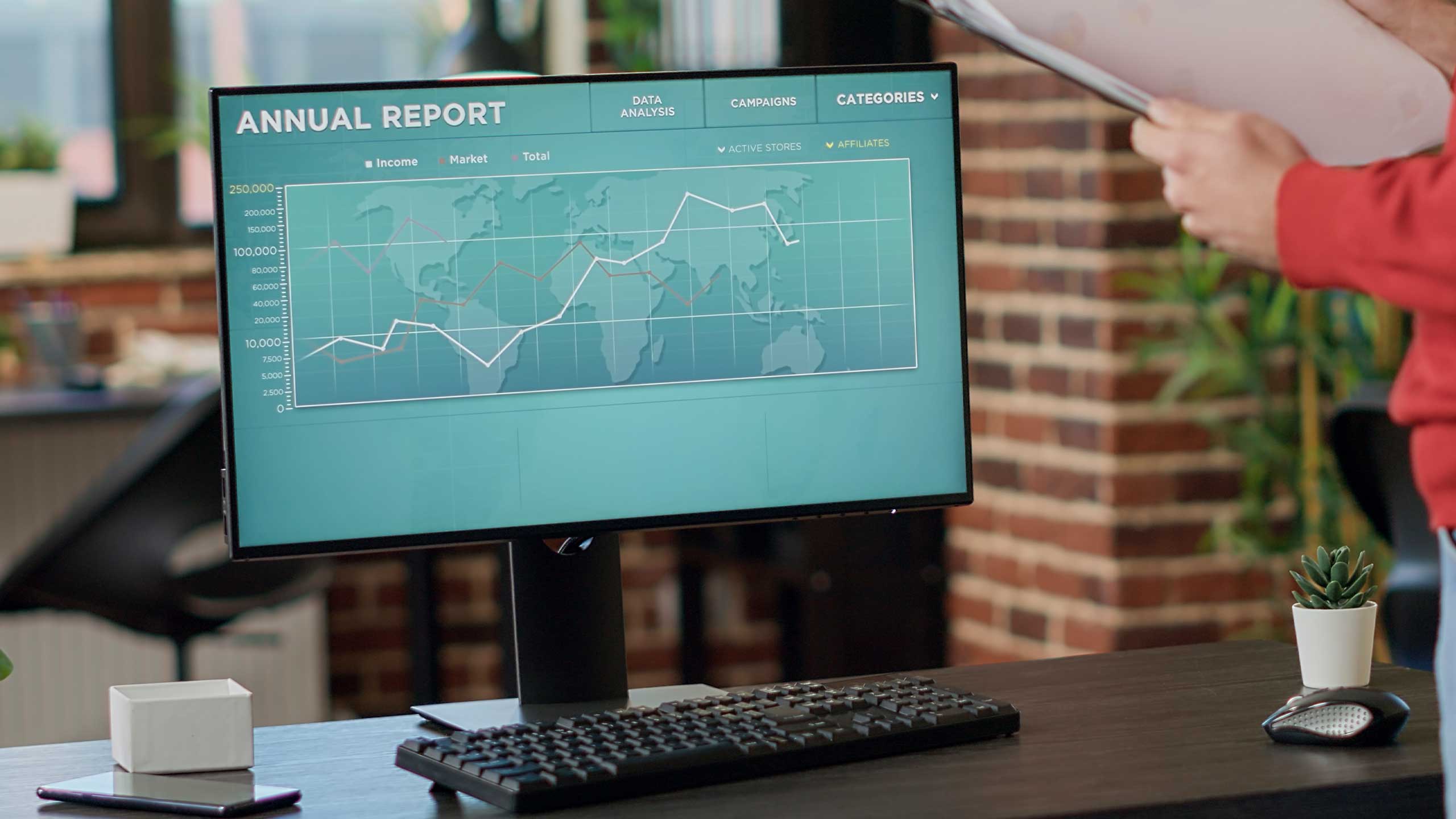Development Economics
Development economics is an interdisciplinary field that draws on insights from economics, political science, sociology, and other social sciences. It involves theoretical analysis, empirical research, and policy formulation aimed at promoting inclusive and sustainable development in the world’s poorest regions.
The BSE Development Economics Summer School explores some of the most recent and exciting work in the field of economic development with particular attention to the evaluation of development policy.
Students will learn key tools such as designing and implementing RCTs, using geospatial data, complex network analysis, and regression discontinuity designs.
Check out all of the Development Economics Summer School courses

Geospatial Tools for Development: Data and Inference

Randomized Control Trials (RCTs) in Development Economics

Complex Network Analysis: Tools for Economic Development

Regression Discontinuity Designs in Development Economics: Theory and Practice

Macro-Development: Concepts, Facts and Tools
Who will you be learning with?
This program is designed for:
- Graduate students (or young academics)
- Members of policy-driven institutions who want to expand their knowledge and acquire practical tools for the analysis of development policy
Program Director

Raül Santaeulàlia-Llopis
Why study at BSE?
Top 4 Economic Research Department
Study with professors who produce top-ranking research in their fields.
World-renowned Faculty
Receive the highest quality training, with courses developed with students in mind.
Barcelona
One of Europe’s most popular cities, combine learning with culture for the best learning experience.

Why should you attend BSE Summer School?
All BSE Summer courses are taught to the same high standard as our Master’s programs.
Network with like-minded peers from around the world
Short courses allow you to learn without a big time commitment
Try something new expand your knowledge and career prospects, and advance your thesis
Admissions Process
Below are the admissions criteria that participants must meet to take part in the course.
Requirements
Successful candidates will usually demonstrate one or more of the following in an application to our Summer School programs:
- A strong background in Economics or a field closely related to the course topic (Statistics, Law, etc.)
- Postgraduate degree or current Master’s/PhD studies related to the course topic
- Relevant professional experience
Mix and match your summer courses!
Remember that you can combine Development Economics Summer School courses with courses in any of the other BSE Summer School programs (schedule permitting). Maximise your learning this summer and take advantage of our multiple-course discount.
FAQ
How much does each Summer School course cost?
Fees for each course may vary. Please consult each course page for accurate information.
Are there any discounts available?
Yes, BSE offers a variety of discounts on its Summer courses. See more information about available discounts or request a personalized discount quote by email.
Can I take more than one course?
Yes! you can combine Development Economics Summer School courses with other BSE Summer School programs (schedule permitting). See the full calendar.
Credit Transfers (ECTS)
To be eligible for credit transfers, students must complete a final project.
In the courses “Complex Network Analysis: Tools for Development Economics”, “Regression Discontinuity Designs”, “Macro-Development Concepts, Facts and Tools” students will be evaluated with problem sets.
The course “Randomized Control Trial (RCTs) in Development Economics: Design and Data Analysis” will be evaluated with a final test.
In the course “Geospatial Tools for Development: Data and Inference”, students will deliver a short research proposal one week after the summer school finishes. It will consist of 3-4 pages, 1.5 spaced, font size 11, with a clear research question, a motivation (introduce the question and its policy relevance), a discussion of the existing literature and on how your paper relates to that, and an explanation on how you would approach the questions (empirical strategy and/or theoretical model).
Consult the Summer School Admissions page for more information about this option.
Do I get a certificate of attendance?
Participants who attend more than 80% of the course will receive a Certificate of Attendance, free of charge.
Economics. All rights reserved.






